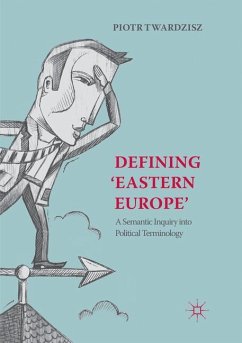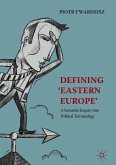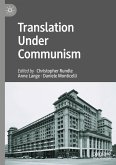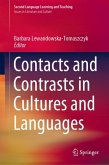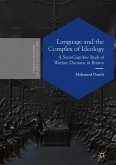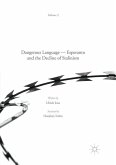This book offers a linguistic-semantic analysis of the expression 'Eastern Europe' in international English-language media discourse and academic discourse. Interdisciplinary in nature, it provides insights beyond semantics and lexicology, commenting on the politics, history, economy and culture of the region. Its thorough analysis of 'Eastern Europe' as a linguistic entity, surrounded and affected by other linguistic entities, allows for a systematic description of the term's linguistic 'behaviour' in specialist written discourse. The author measures the 'quantity' and 'quality' of 'Eastern Europe' in specialist discourse, painting a holistic picture of how it appears in English-language quality texts published in the last twenty-five years. This book will appeal to students and scholars of cognitive linguistics, semantics, lexicology and lexicography, and to specialists working on history, political theory and international relations as they relate to Eastern Europe.
"The topic is important and interesting, the amount of the author's work on Eastern and Central Europe is remarkable. Also, the intention to contribute to an understanding of political terminology by providing insights from linguistic semantics is commendable." (Adam Glaz, Journal of Language and Politics, Vol. 19 (5), 2020)

